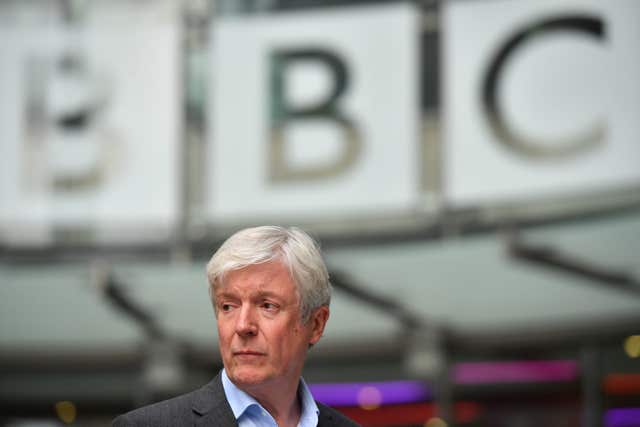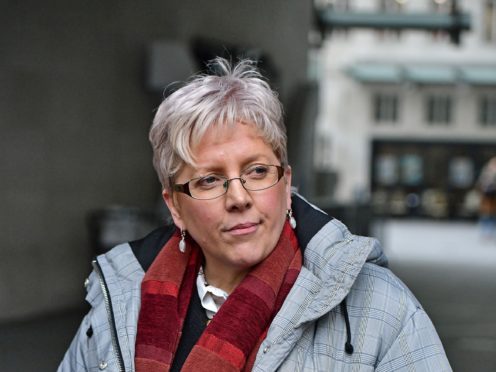Carrie Gracie caused an enormous headache for the BBC as the most high-profile casualty of the controversy over equal pay.
She became a figurehead for other women at the broadcaster when she announced, in an open letter, that she had resigned as the BBC’s China editor in a row over unequal pay.
It came after the BBC published the salaries of its highest earners in July 2017 under the terms of its new royal charter, which revealed that only one third of the list of talent earning more than £150,000 were women, with all the top names being men.
In the letter, published in January 2018, Gracie accused the corporation of having a “secretive and illegal pay culture”.
She spoke out after learning that her male counterparts at the corporation, including North America editor Jon Sopel, were earning more than she was – she was earning £135,000 whereas they were each on more than £150,000.

She was one of around 200 women at various levels of the organisation who had made complaints about pay according to BBC Women, a group of more than 150 broadcasters and producers.
The BBC said there was “no systemic discrimination against women”.
Six months on, the BBC apologised to Gracie in a statement, saying: “The BBC acknowledges that Carrie was told she would be paid in line with the North America editor when she took the role of China editor, and she accepted the role on that understanding.”
The journalist, who has been at the broadcaster for more than 30 years, had returned to her former post in the TV newsroom where, she said, “I expect to be paid equally”.
But Gracie did not move to her new post quietly and later appeared in extraordinary scenes before the House of Commons’ Digital, Culture, Media and Sport (DCMS) Select Committee, which also heard from BBC Director-General, Tony Hall.
She told MPs of her “shock” at seeing the salaries of her peers after insisting on “equal pay”.
“I knew I’d give the China job every last ounce of my skin and stamina. I knew I would do that job at least as well as any man. And there was no man. There was no other candidate for the job … which is why James (Harding, then BBC director of news) did the bended knee thing,” she told MPs.
“I insisted on equal pay. I thought I had won a commitment to pay parity when I set off to China, which is why I got such a shock when I discovered that two men as international editors were being paid at least 50% more than the two women international editors.”

The BBC later announced pay cuts for some of its male stars, including John Humphrys, Jeremy Vine, Huw Edwards and Sopel.
Lord Hall told MPs that the corporation did not discriminate against Gracie over her gender when it paid her less than men doing similar jobs.
“The range between those two has been too big and I’m sorry about that but there is a difference in the scope and the scale of the two jobs,” he said of the China and North America roles.
A statement issued by the corporation last June, said: “The BBC acknowledges the specific circumstances relating to Carrie’s appointment, apologises for underpaying Carrie, and has now put this right.”
A DCMS committee report published in October last year outlined an “invidious culture” of discrimination at the BBC, and called for the corporation to reform.
In January, a new DCMS report into equal pay at the broadcaster claimed the BBC was still failing to confront the issue of equal pay and the concerns of female employees and that women continued to be paid “far less”.
The report claimed the corporation has failed to fully tackle or acknowledge the problem of “unacceptable” discrimination, although the BBC said at the time that it did not accept the committee’s full findings.
The committee’s report stated: “We are very disappointed that the BBC has failed to acknowledge that a pay discrimination problem exists within the corporation.
“We are aware of ongoing concerns among female staff at the BBC. We believe that, had we not decided to undertake our inquiry, internal BBC action may not have been initiated in the same way.
“We reiterate the conclusion of our inquiry: that our evidence suggests women within the BBC are working in comparable jobs to men but earning far less. This is unacceptable: the BBC is failing to live up to its duty to advance equality of opportunity.”
